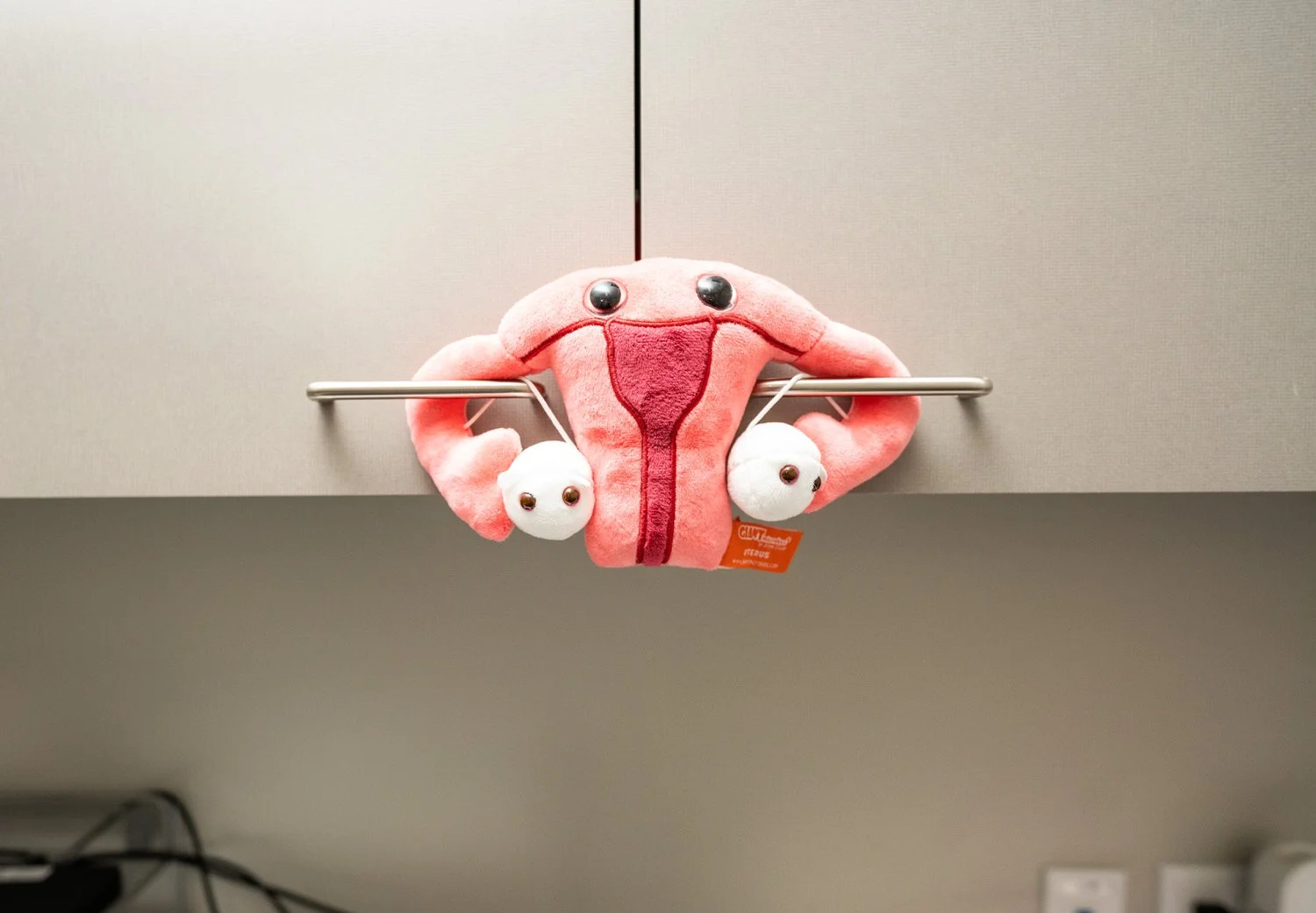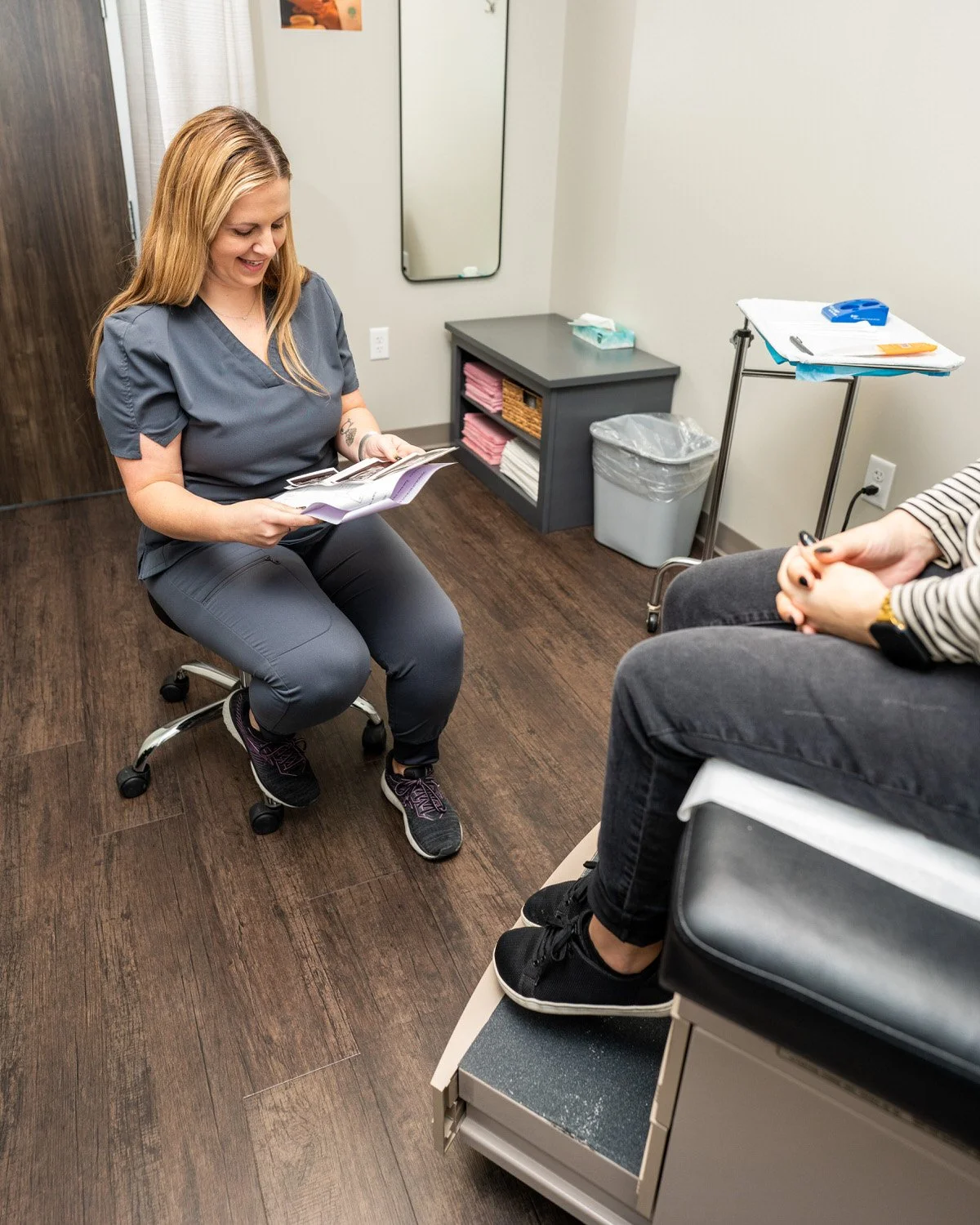Hormonal Imbalance
Willow OBGYN
Obstetrics & Gynecology located in San Antonio, TX
Hormones influence every cell and system in your body, so an imbalance can significantly impact your quality of life. Expert OB/GYN Kelly Morales, MD diagnoses and treats hormonal imbalance in women at her private practice in San Antonio. If you suffer from symptoms of hormonal imbalance, call the office of Dr. Morales or book an appointment online today.
Hormonal Imbalance Q & A
What is a hormonal imbalance?
Hormones are chemical messengers that circulate through your bloodstream telling tissues and organs what to do. They regulate your metabolism, reproductive system, and other vital bodily processes.
Too much or too little of a particular hormone can cause an imbalance that affects your entire body. Think of the changes you experience shortly before your period. It’s normal for hormones to fluctuate with your menstrual cycle or during pregnancy, but a prolonged hormonal imbalance can cause debilitating symptoms.
What are symptoms of a hormonal imbalance?
Symptoms vary depending on the type of hormone you have an imbalance of, and whether you have too much or too little. Common symptoms of hormonal imbalance include:
Irregular menstrual cycles
Heavy bleeding during your period
Skipping periods
Weight gain or difficulty losing weight
Thinning hair on top of your head
Excess hair growth on your face, chest, or back
Acne on your face, chest, or back
Vaginal dryness
Painful sex
Hot flashes and night sweats
Difficulty sleeping (insomnia)
Memory loss or trouble concentrating
Depression
Anxiety or irritability
Mood swings
Abdominal pain
Bloating, diarrhea, or constipation
Fatigue
Headaches
Decreased sex drive
What causes a hormonal imbalance in women?
Several hormones can contribute to an imbalance. You may already be familiar with estrogen and progesterone and the role they play in controlling your reproductive system, but women’s bodies also create testosterone, the male reproductive hormone.
Many situations and medical conditions can cause these hormones to become imbalanced, such as:
Menopause or perimenopause
Pregnancy and breastfeeding
Polycystic ovary syndrome (PCOS)
Primary ovarian insufficiency
Hormonal birth control
Diabetes
Thyroid imbalance
Stress
Eating disorders
Cancer treatments
How do you diagnose and treat a hormonal imbalance?
Dr. Morales begins with a comprehensive physical exam and review of your medical history. She asks questions about your symptoms, lifestyle habits, and any medications or supplements you take.
Depending on your specific symptoms, she may also perform a pelvic exam, blood test, or ultrasound to diagnose the cause of your hormonal imbalance.
Then, she discusses the best options for treatment based on your symptoms and condition. Your treatment may include:
Suggestions for lifestyle changes such as a healthy diet and exercise
Medications to control your hormone levels or relieve symptoms
Nonsurgical vaginal rejuvenation to reduce vaginal dryness and painful sex
If you suspect you have a hormonal imbalance, call or book an appointment online today.
““Dr Morales is awesome. Very attentive and knowledgeable. She always knew exactly what to say to put me at ease during my pregnancy. If I ever have another child, I only want her to deliver.””

















